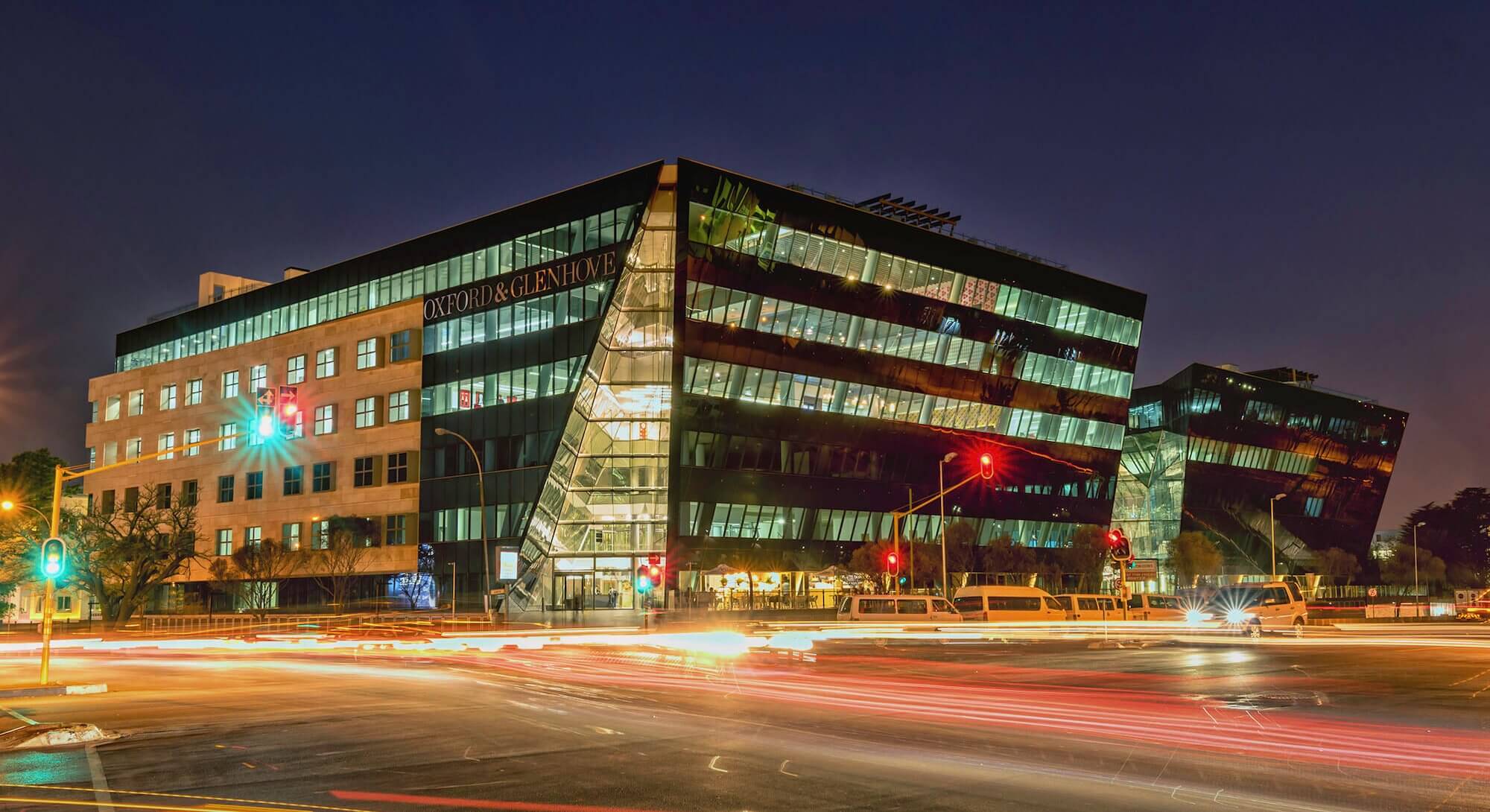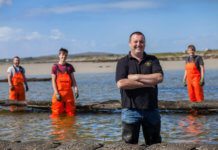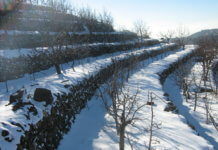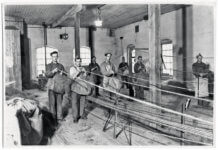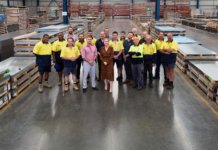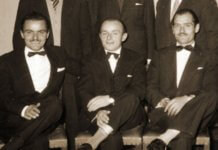Over the course of its 121-year history, the Barrow Property Group grew from a small carpentry shop into one of South Africa’s leading property management and construction companies. Now in its fifth generation, the firm is responsible for building many of Johannesburg’s iconic properties and letting much of the city’s most desirable office space.
A culture of equality has enabled the five Barrows currently managing the group to successfully navigate the complexities of South Africa’s property market while at the same time avoiding some of the pitfalls that hamper other family businesses. Pursuing realistic expectations with a hands-on approach has been essential to the company’s longevity.
Tharawat Magazine sat down with John Barrow, the Managing and Contract Director at Barrow Construction to discuss the group’s history, the politics of business in South Africa and the risks associated with growing too large too quickly.
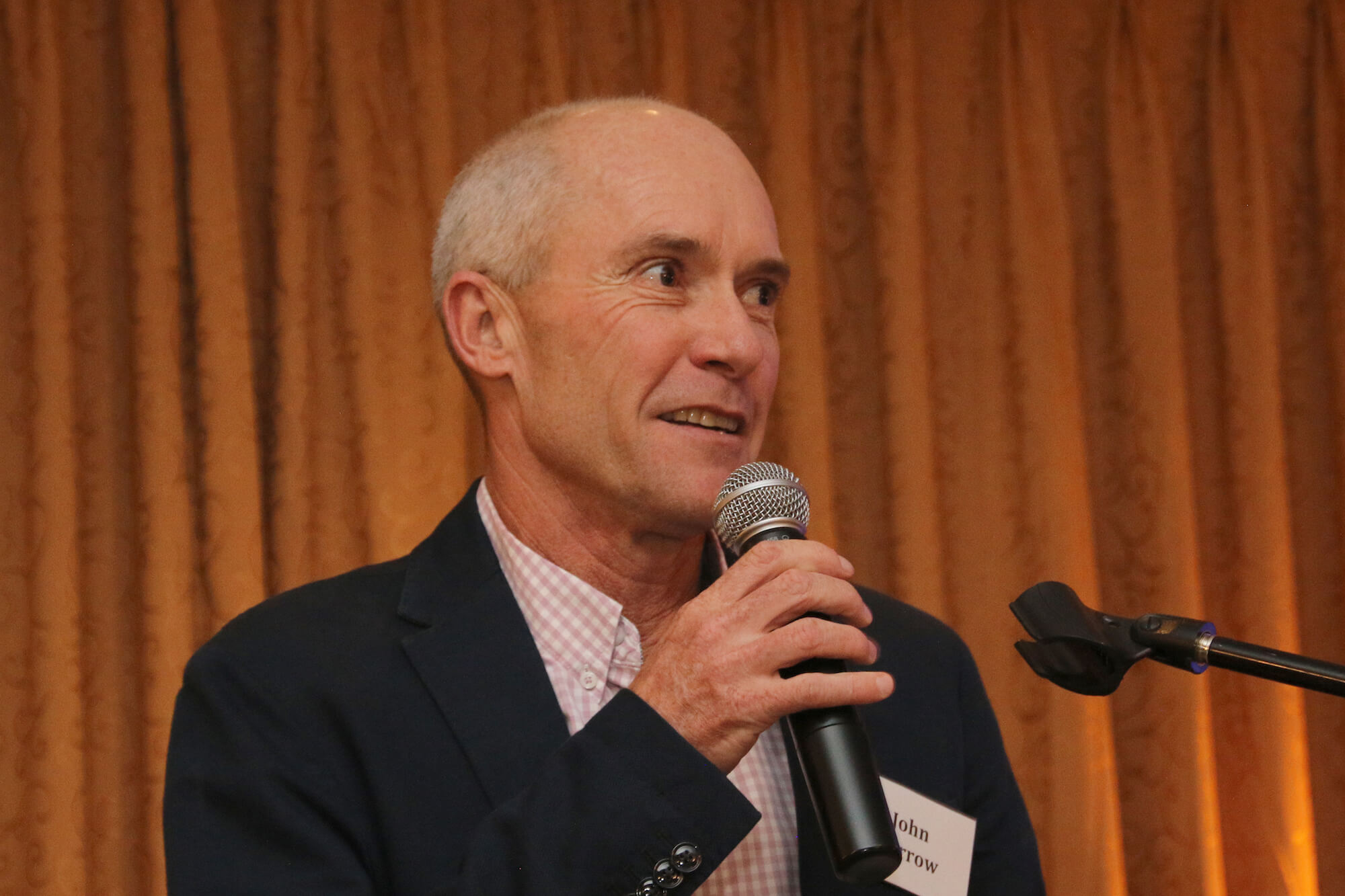
A fifth-generation family business is an extraordinary achievement. Can you tell us more about Barrow?
Effectively, I’m John number five – the first John Barrow came to South Africa in 1897. Johannesburg, at that time, was a small mining town. He and his son were carpenters from Barrow in England, and that’s really how the business started, as a small carpentry shop.
Since then, the company has steadily grown in size and scope, and there have always been Barrows at the helm moving the business forward. Today, it’s my two brothers, Collin and Donald, and our two cousins, Paul and Neil, so there are five Barrows in this fifth-generation family business.
I remember my grandfather fondly – the third John Barrow. I joined the business after he had retired. Even then, he often came by to keep my father, the fourth John, entertained. Now, of course, my brothers, cousins and I find ourselves in a similar position with the preceding generation of Barrows.
My grandfather had four sons and a daughter. All four sons worked in the business at some point, but one of them eventually stepped away. That left my father, who was the eldest, working with his brothers David and Doug. The three of them worked together for their entire careers. All three were there when I joined in 1990. Over the last 30 years, they have slowly moved away from the day-to-day operations. They still come into the office regularly to keep in touch with us and the business they watched over for three decades.
There’s a story they like to tell along these lines: soon after they began their tenure at Barrow, they heard my grandfather was coming in, and they were short of office space. They quickly moved an employee out of his office and let my grandfather sit at his desk, read the paper and have a cup of tea. Then, an hour later, he was on his way, and they moved the employee back in.
Those kinds of anecdotes exemplify the family business mindset. Could you tell us a little more about your industry? How has it developed over time?
It was my great-grandfather Albert Barrow that grew the family’s carpentry business into a prominent construction company. He befriended a famous South African architect named Herbert Baker and quickly became his favourite builder. Many of Johannesburg’s early iconic buildings were designed by Sir Herbert Baker and built by my great-grandfather.
Albert started the growth at Barrow, and my grandfather John continued the legacy. He was responsible for the construction of many institutional buildings including Wits University and St. John’s College.
Barrow was still quite small when my father joined in the 60s – my dad and his brothers took it to another level. Late in their careers, the business branched out into property development, which was the most significant change over the last 40 years. We’ve been able to manage our workload and create a steady revenue stream from construction and development because we’ve found them to be functionally countercyclical.
The South African construction market is very competitive with challenging barriers to entry. Over the last five years, we’ve concentrated on growing Barrow Properties, which has become a big part of our business. Barrow Developments is the glue between the property management and construction arms of the group.
That said, there isn’t an official entity called Barrow Developments. Instead, we utilise a range of shelf companies. Ultimately, our aim is to either sell our developments on or continue to grow our portfolio by moving them into Barrow Properties.
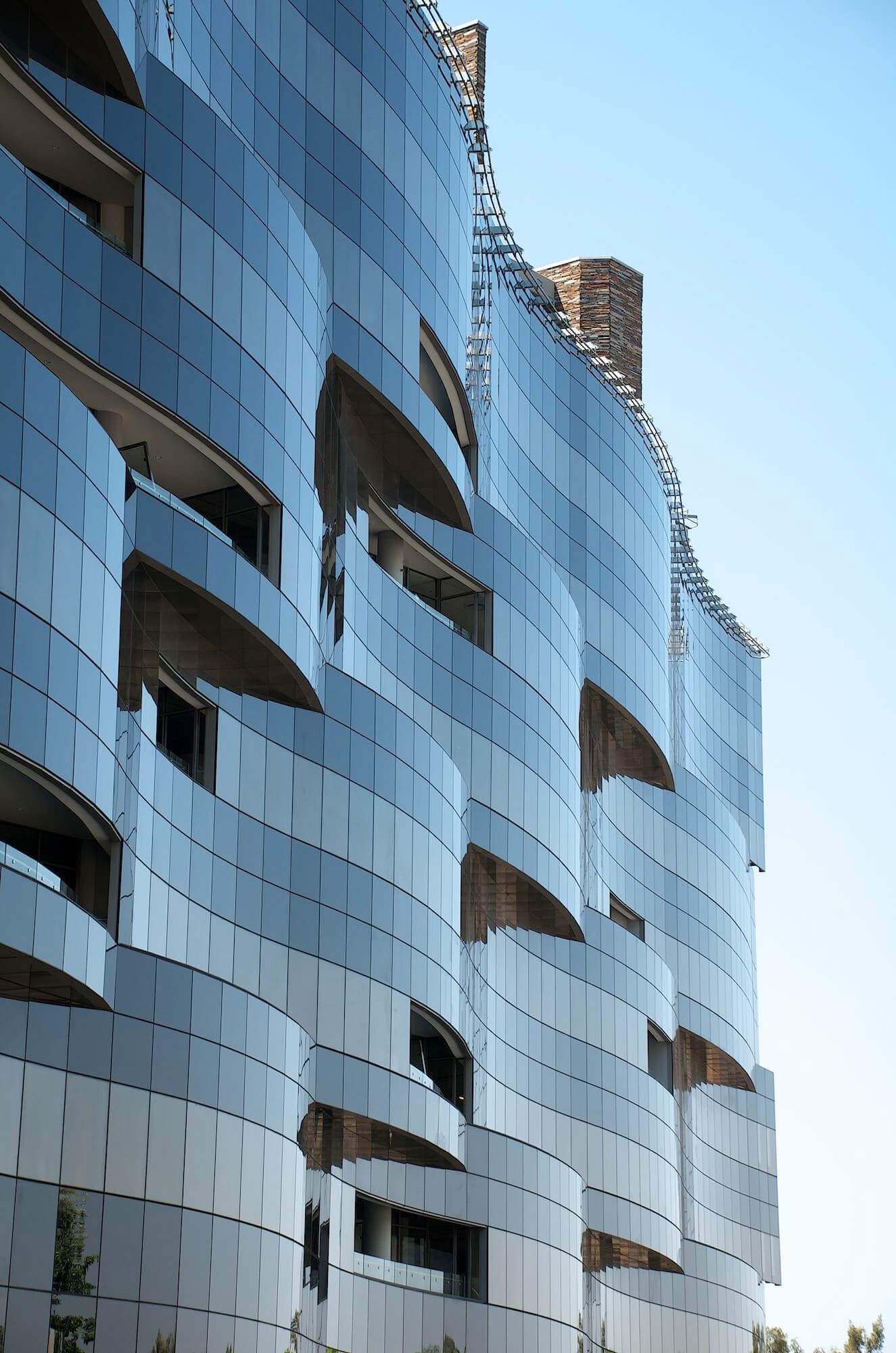
A solid thread of family ownership seems to exist through the history of Barrow Group. Did you always know this would be your path?
Growing up, I was always immersed in the industry and encouraged to work onsite during my school holidays. I don’t think I was ever pushed or coerced; it just seemed like the natural order of things. I studied civil engineering at university. After graduating, I had a series of small jobs before joining the family business. Had I not been brought up the way I was, I might have pursued a different career, but I carry no regrets. I love what I’m doing.
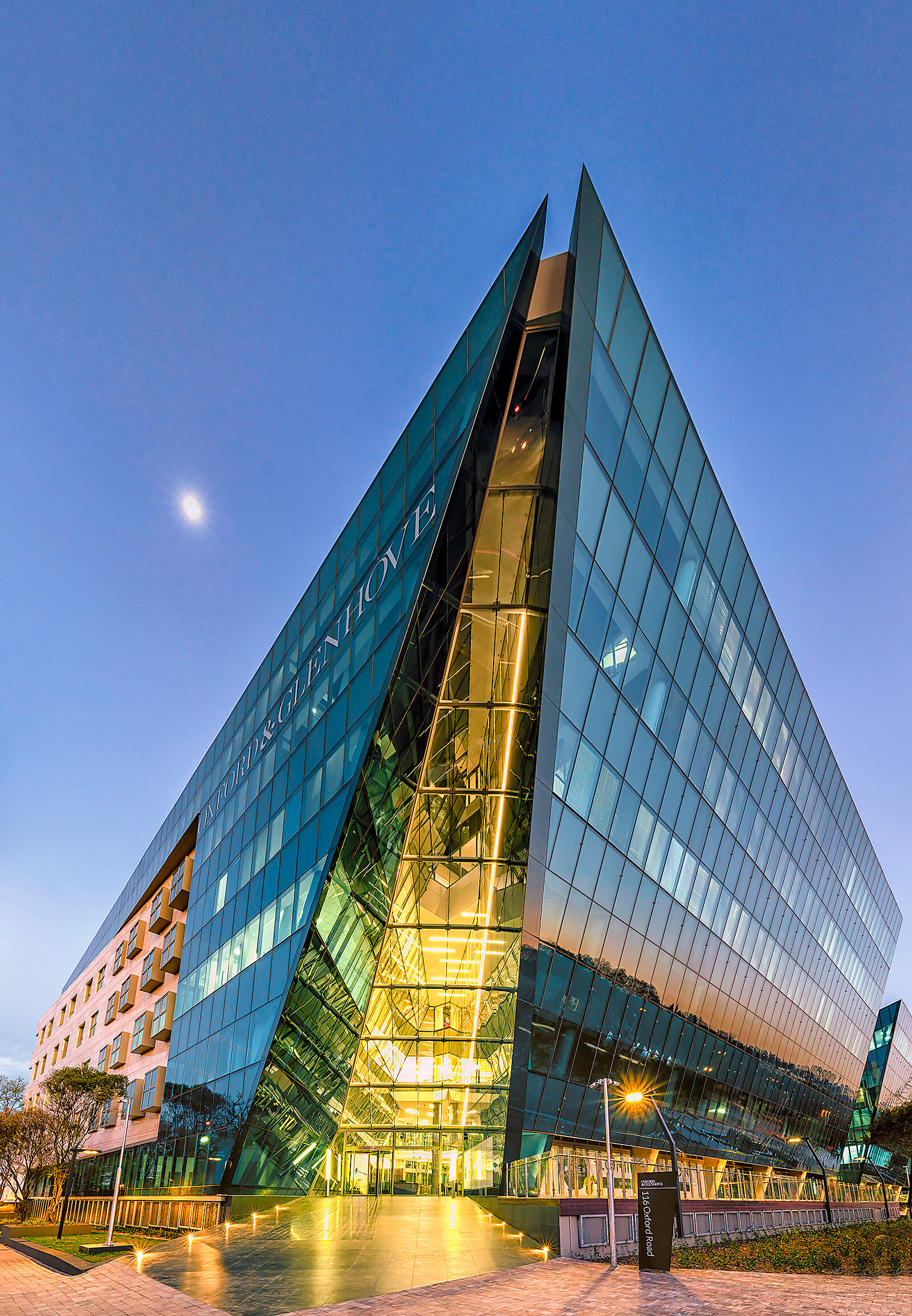
Does being the fifth John Barrow come with extra responsibility?
Even though I’m the oldest family member currently at Barrow, we’re all equal. This structure makes us unique. We don’t really have titles, we draw the same salary and own an equal share in the business.
However, when my brothers and cousins first joined me and my dad and uncles, there were some tough moments. We hadn’t identified this equality yet. Now that we’re all middle-aged, we’ve gotten over that. We’re a very healthy team.
We all help with the developments and property acquisition and, to a certain extent, are all involved in every area of the business. Construction is my main focus. My brother Collin is a quantity surveyor, while Donald, my other brother, is a construction and project manager.
Paul Barrow started with a bank in property finance and manages our development deals and tenants. Neil Barrow, our cousin, is a chartered accountant and plays a vital role in making sure we all stay on the right side of the bank.
“…We’re all equal. We don’t really have titles, we draw the same salary and own an equal share in the business.”
Equality is obviously integral to the success of the Barrow Group. How would you describe your decision-making process?
It’s 99 per cent consensus, and our culture is very hands-on and informal. Over the course of my 30-year career, we’ve never had a significant conflict. I think we’ve benefitted massively from the example my dad and his brothers set. It wasn’t always the smoothest, but they managed to hold it together.
It’s also important to note that, when the business is doing well, you can afford to be gracious and not sweat the small stuff. We’ve been lucky. Barrow has been kind to us, and our developments have proved successful. Despite being thrown together by circumstance, we’re an incredibly strong team.
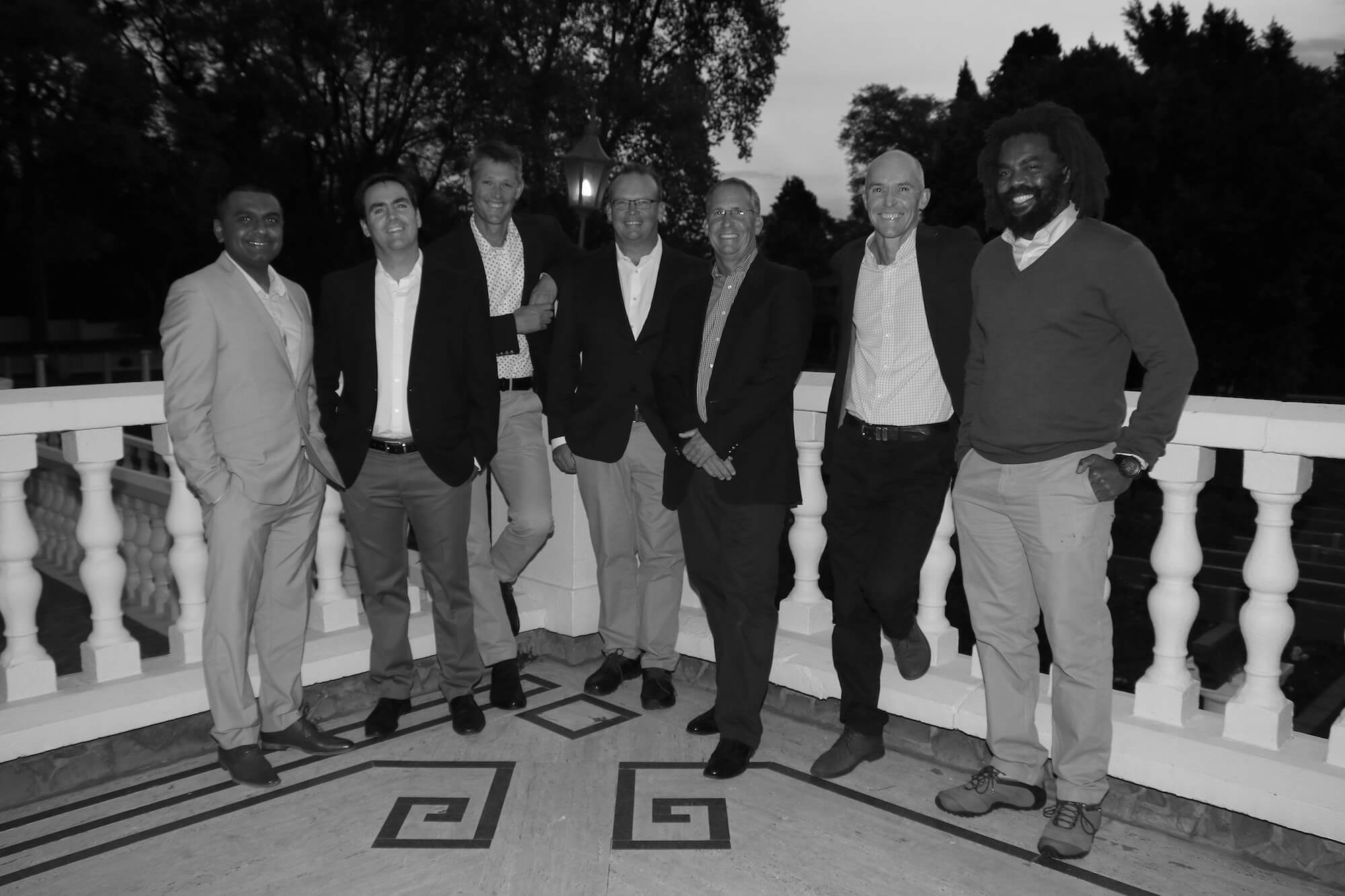
[ms-protect-content id=”4069,4129″]
South Africa has seen some significant transitions over the last century. How has the construction and property management industry evolved? What challenges do you see today?
In the 90s, South Africa wasn’t a very happy place. Unstable politics and segregation were massive issues. Labour was hugely problematic – everything was politicised. The remarkable transformation that occurred under Mandela and his government in 1994 translated to an incredible period of economic growth, and Barrow was able to capitalise on this.
More recently, however, the economy has been in decline. What South Africa desperately needs is growth and jobs, or there will be many empty offices, which will impact our business. We’ve stayed ahead of the game with good addresses and new developments, but we are under pressure.
My Dad told me once: bigger doesn’t mean better. There’s no doubt that some of South Africa’s larger construction companies have struggled over the last five years. Several of them have folded. The niche market that we’re in has allowed us to be nimble and flexible. We’re all grateful that Barrow isn’t a listed company that’s desperate to answer to shareholders.
One of the most significant challenges for businesses in South Africa right now is Black Economic Empowerment. Ostensibly, an initiative to encourage integration. We’ve got two non-Barrow family members helping us now, Mike Makhudu and Shaneel Singh. They are the first non-Barrow directors of Barrow Construction and are an integral part of the business.
I think we’ve done remarkably well at Barrow Construction to have been rated level four, which means we’re at par. Level one, the highest rating, is only awarded to fully empowered, black-owned businesses. This is obviously difficult to achieve for five white South Africans.
That said, because of the way our company is growing, we will anyway have to work on a more commercial basis than a family basis in the future. We are looking into listing a portion of our property portfolio in a Retail Investment Trust partnered with a black investor that will not only help our BEE rating but also give us valuable insight into these sorts of trusts and their long-term benefits.
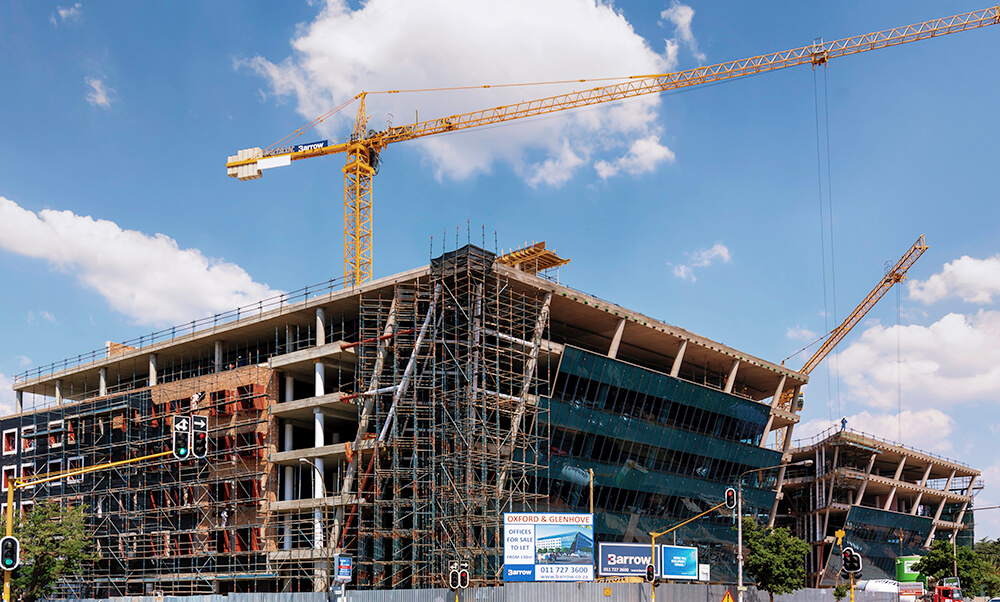
How do you approach the ownership conversation with the next generation?
I’m lucky that I’ve got triplet girls, which is quite rare. They’re 24 now, and I haven’t put any pressure on them to join the family business. One of them is still studying genetics, and another is a chemical engineer working in America – I can’t see them joining the business any time soon. One is an accountant who’s living at home doing her articles, and she could be in the running. It’s wonderful to hear my cousin Neil asking when my daughter is going to come help him.
Once again, I think the next generation will handle the business more commercially. Also, the sheer number of brothers and cousins is going to create a level of complexity that we have never had before.
I have realistic expectations for whoever ultimately gets involved in the business – they don’t have to build the greatest construction company in South Africa. That’s probably not the wisest thing to do anyway. If the next generation were to make a meaningful difference in South Africa, I would be very proud. That’s all I really wish for.
[/ms-protect-content]


